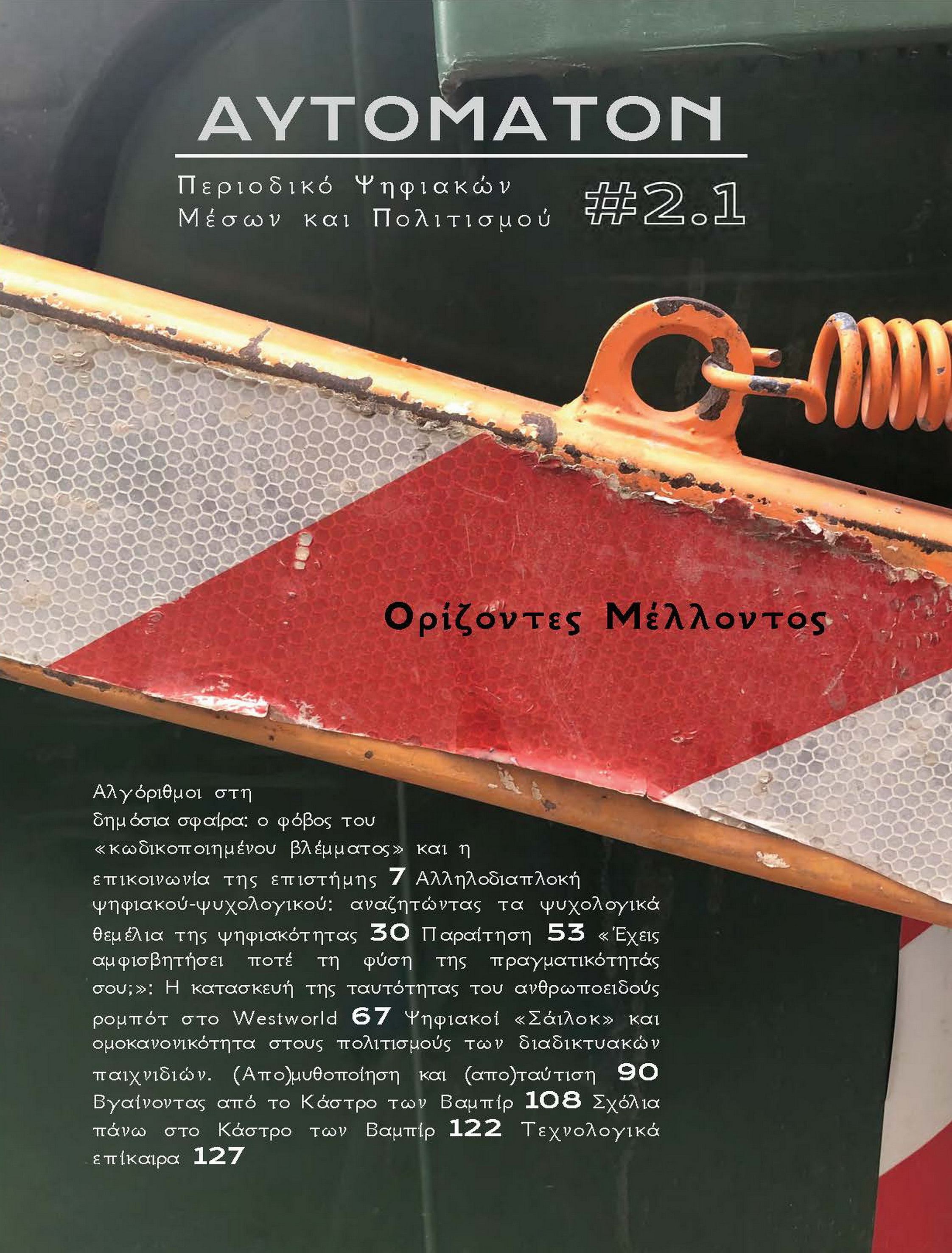Βγαίνοντας από το Κάστρο των Βαμπίρ
Abstract
Σε ένα από τα πλέον αγαπητά και μισητά κείμενά του, το «Βγαίνοντας από το Κάστρο των Βαμπίρ», ο Fisher υποστηρίζει ότι, σε μεγάλο βαθμό, o διαδικτυακός αριστερός βασισμένος-στην-ταυτότητα λόγος, εδραιώνεται σε ένα «κυνήγι μαγισσών», ο οποίος ακινητοποιεί τον παραγωγικό αριστερό λόγο και υπονομεύει την ταξική πολιτική. Το Κάστρο των Βαμπίρ είναι μια έννοια του Fisher για να περιγράψει μια νέα περιοχή, όπου η ταυτότητα γίνεται αποκλειστική, υπερβατική και περιοριστική. Επιδιώκοντας να απονείμει ενοχή όπου μπορεί, να απομονώσει, να αποκλείσει και να «αφορίσει», το Κάστρο των Βαμπίρ ακρωτηριάζει το υποκείμενο εγκαλώντας το να αναπτύξει μια μόνιμη αυτοσυνειδησία, απομονώνοντάς το σε μια λογική σολιψισμού που επίμονα υποστηρίζει ότι δεν μπορούμε να καταλάβουμε ο ένας την άλλην αν δεν ανήκουμε στην ίδια ομάδα ταυτότητας. Ο Fisher τάσσεται υπέρ μιας ανορθωμένης αριστερής αλληλεγγύης με την απομάκρυνση από το φαινόμενο της διαδικτυακής κουλτούρας της διαπόμπευσης, και αντ’ αυτού με τον προσανατολισμό της δραστηριότητας στην προσπάθεια για λογοδοσία για την οικονομική μας τάξη, αντί για τα χαρακτηριστικά της ταυτότητας και του πολιτισμού.
Article Details
- How to Cite
-
Fisher, M. (2022). Βγαίνοντας από το Κάστρο των Βαμπίρ. Αutomaton: Journal of Digital Media and Culture, 2(1), 109–122. https://doi.org/10.12681/automaton.31715
- Section
- Articles

This work is licensed under a Creative Commons Attribution 4.0 International License.
Authors wishing to publish articles in this journal agree to the following terms:
1. The Authors retain the Copyright and grant the journal the right of first publication while at the same time the copyright of the work is protected under the Creative Commons Attribution License which allows third party licensees to use the work as they wish provided they acknowledge the work's authorship and initial publication in this journal.
2. Authors may enter into separate additional contractual arrangements for the non-exclusive distribution of the published journal version of the work (for example, posting it to an institutional repository or publishing it in a book), with acknowledgment of its initial publication in this journal.
3. Authors are allowed and encouraged to post their work online before and during the submission process (e.g. on their website) as this can lead to productive exchanges as well as earlier and more citations of published work (See The Effect of Open Access).



